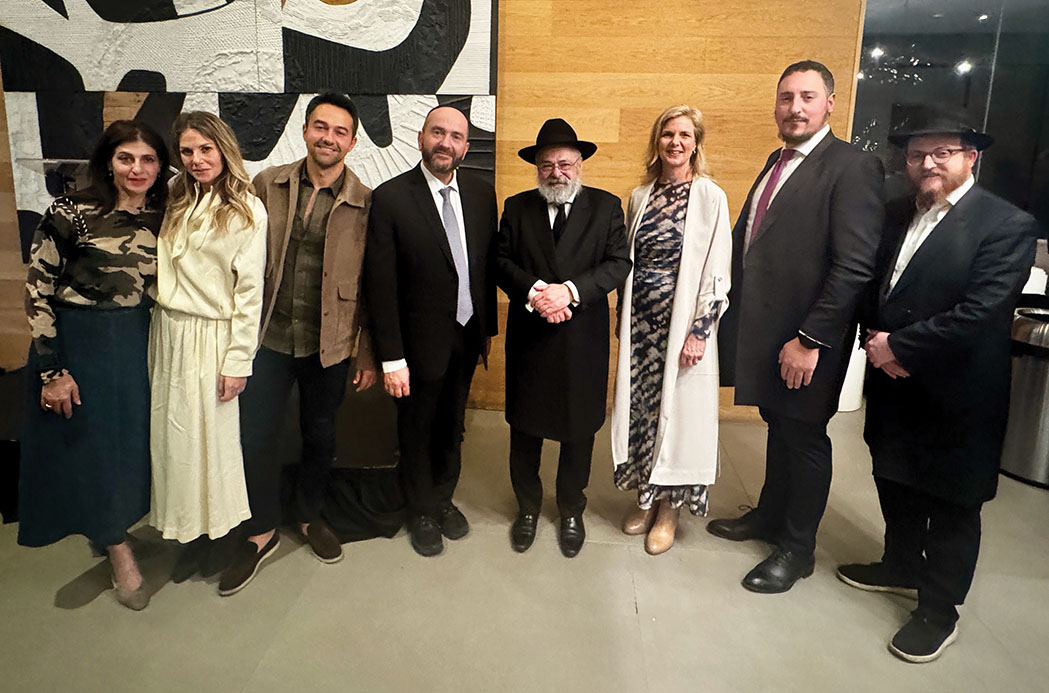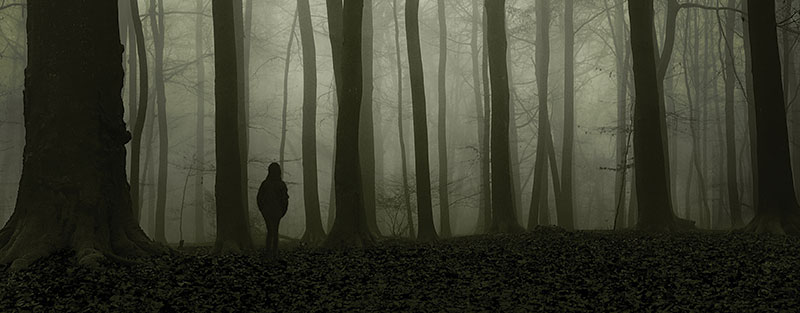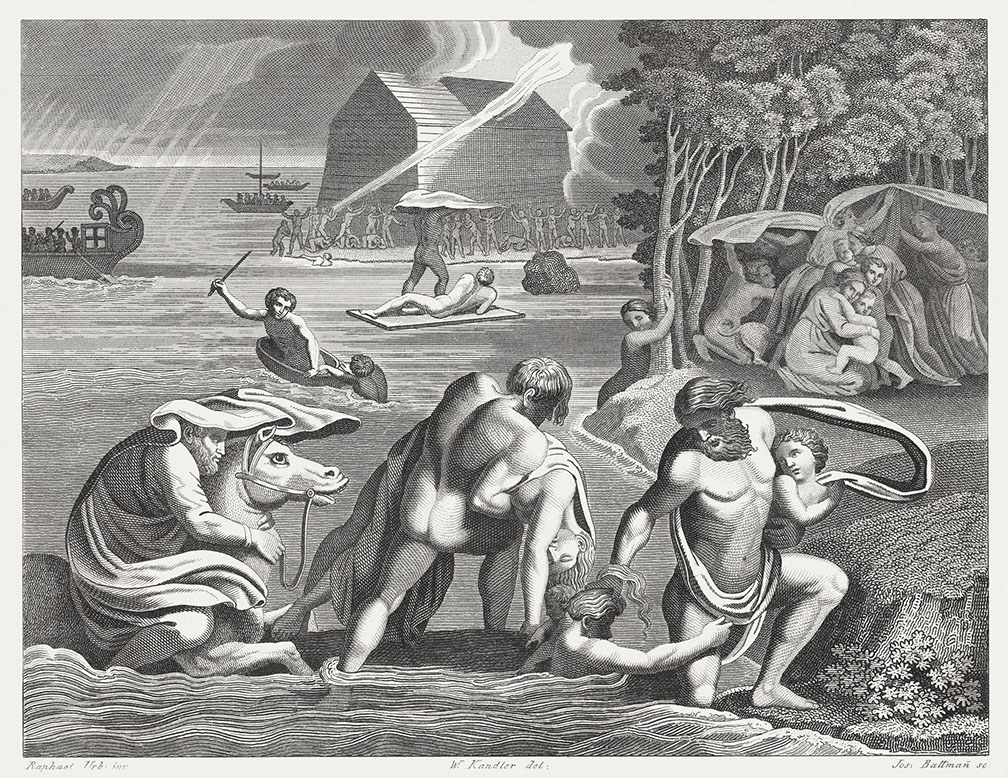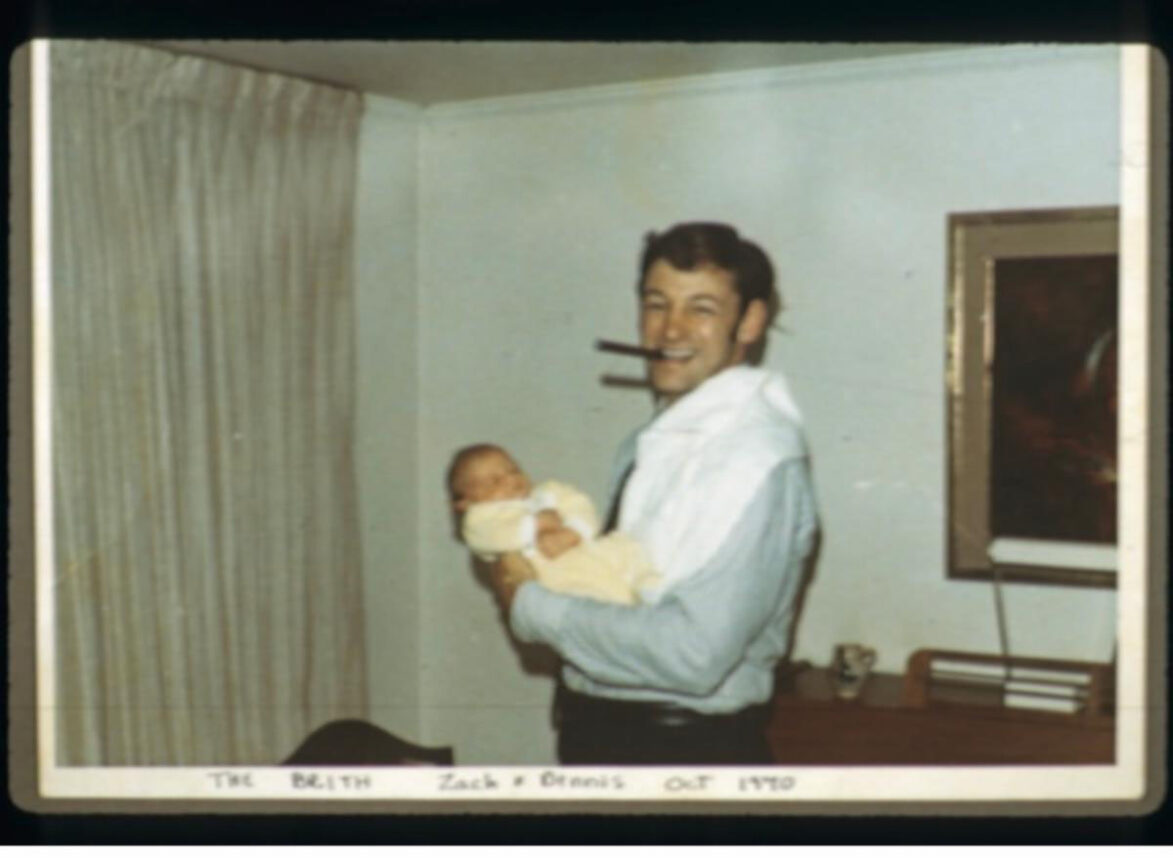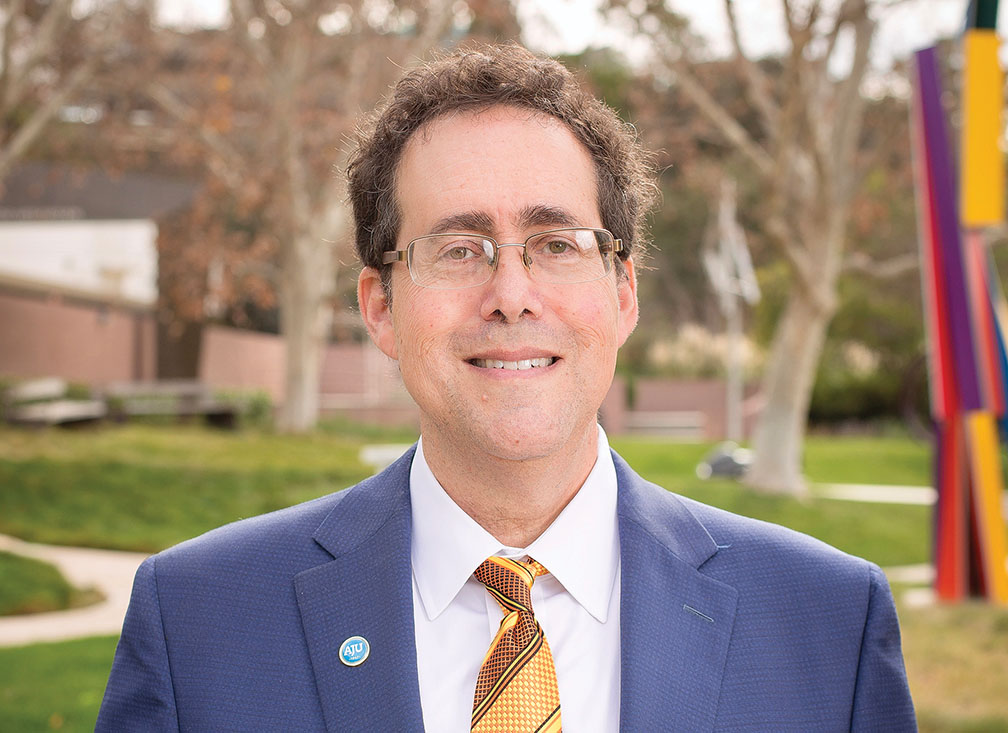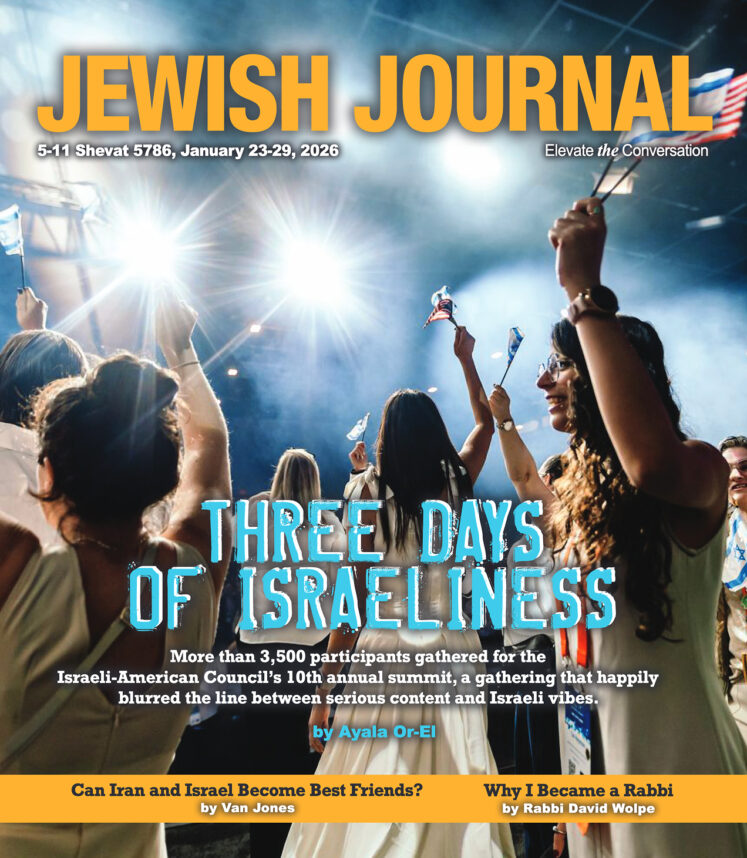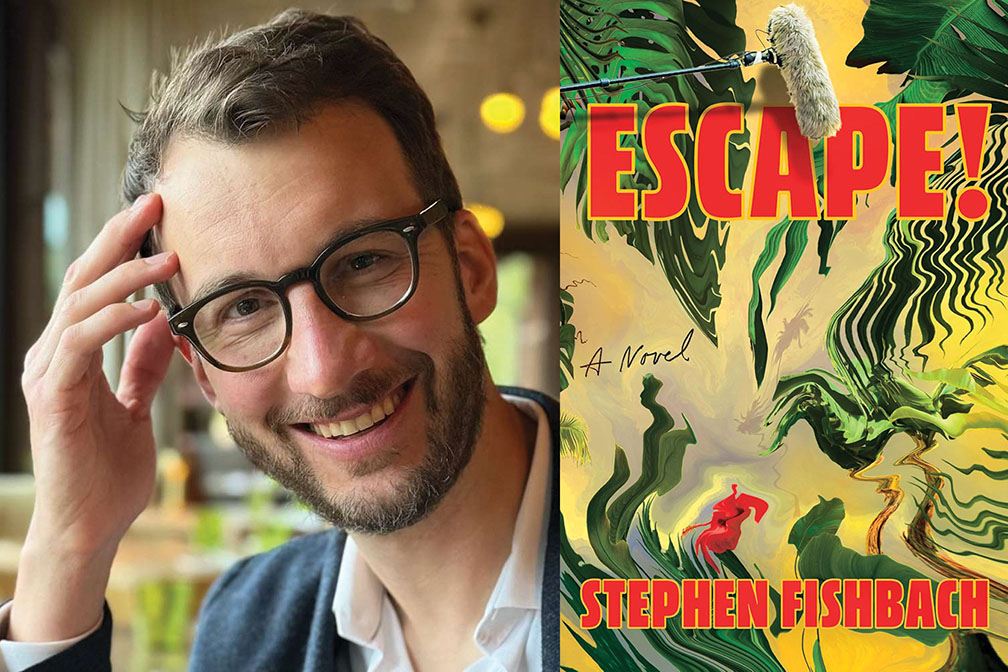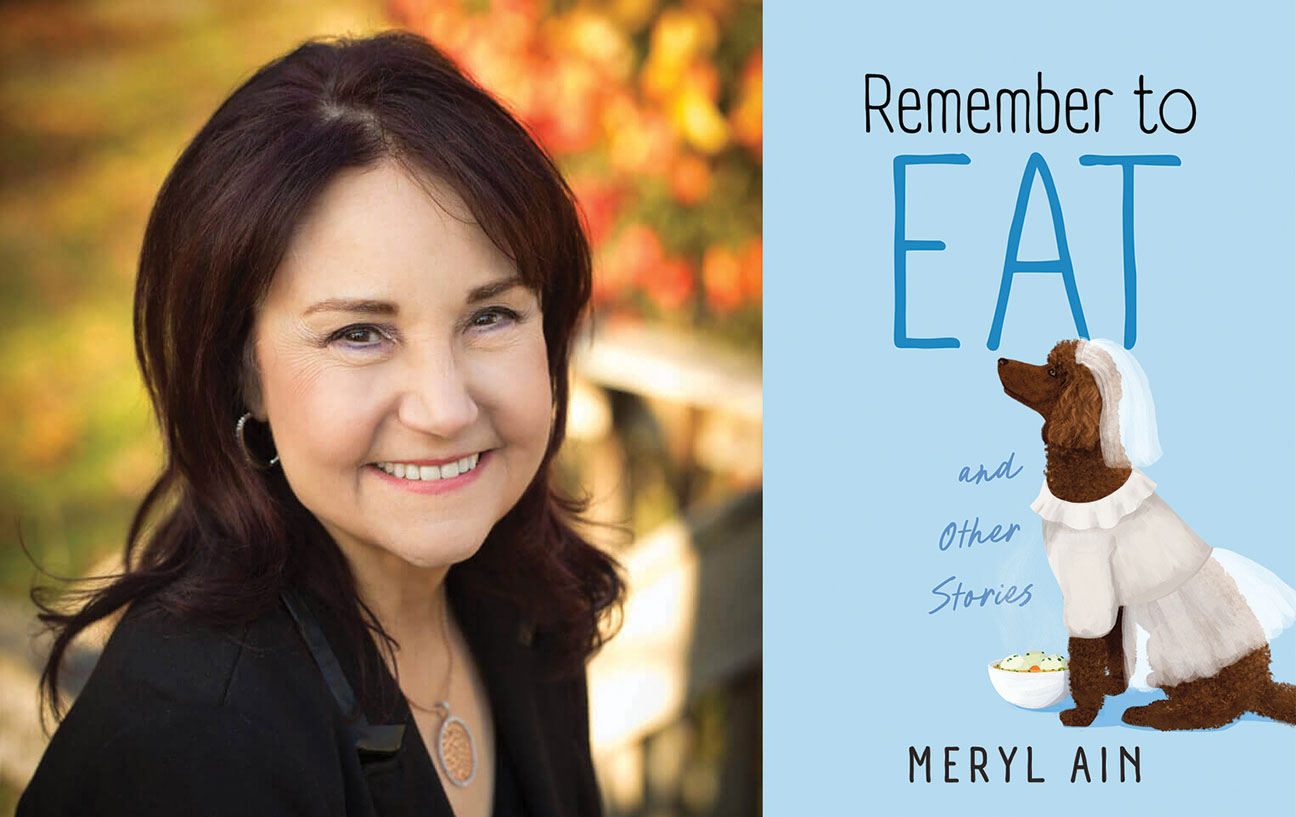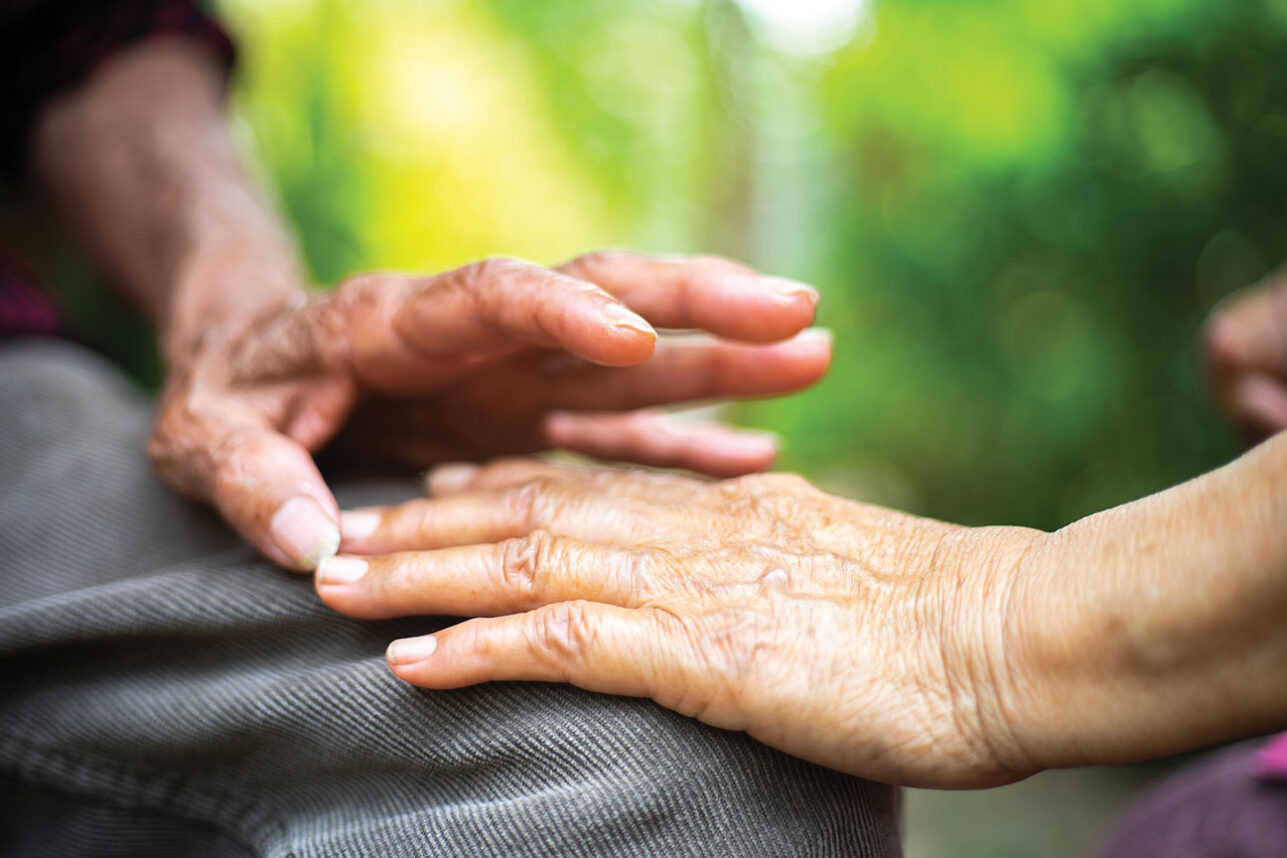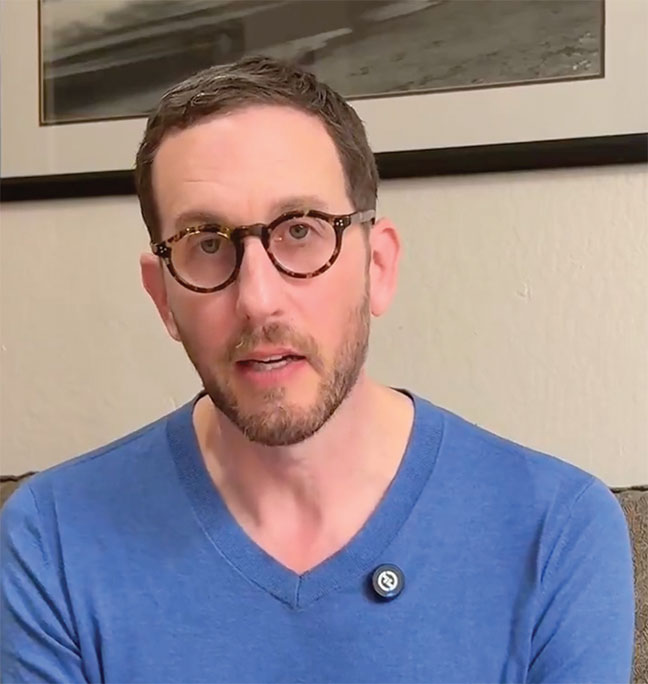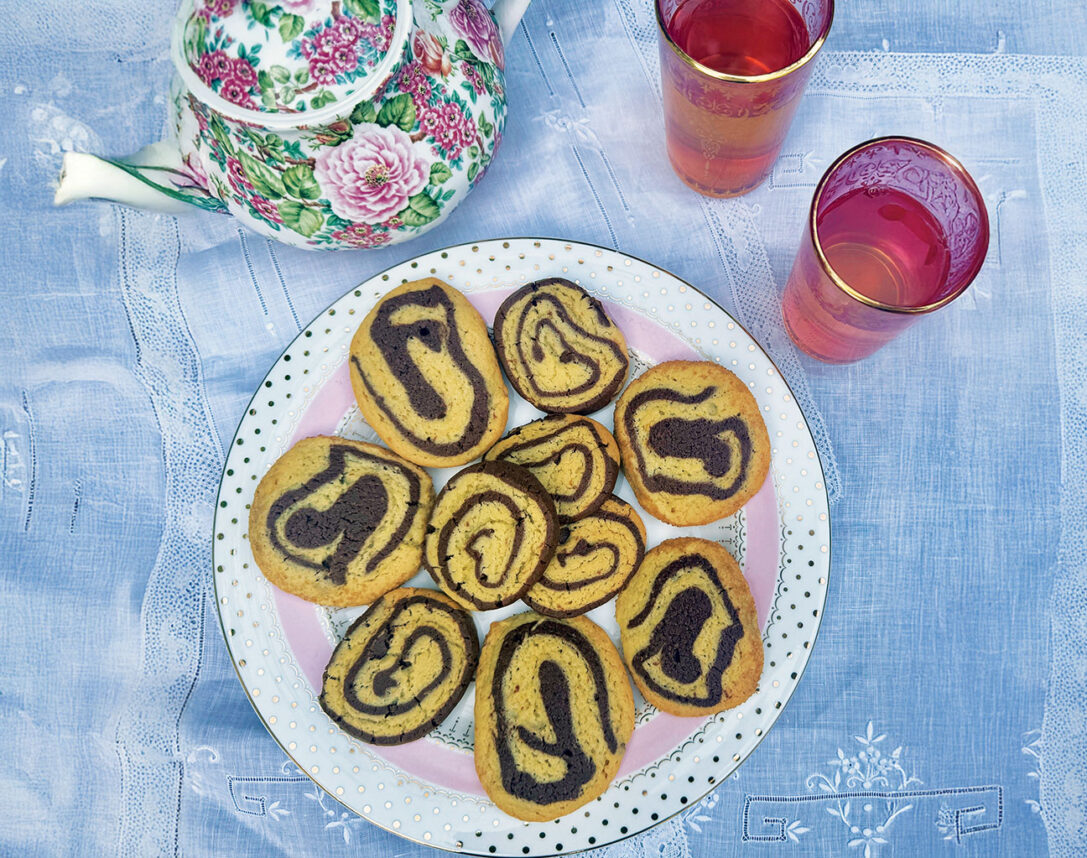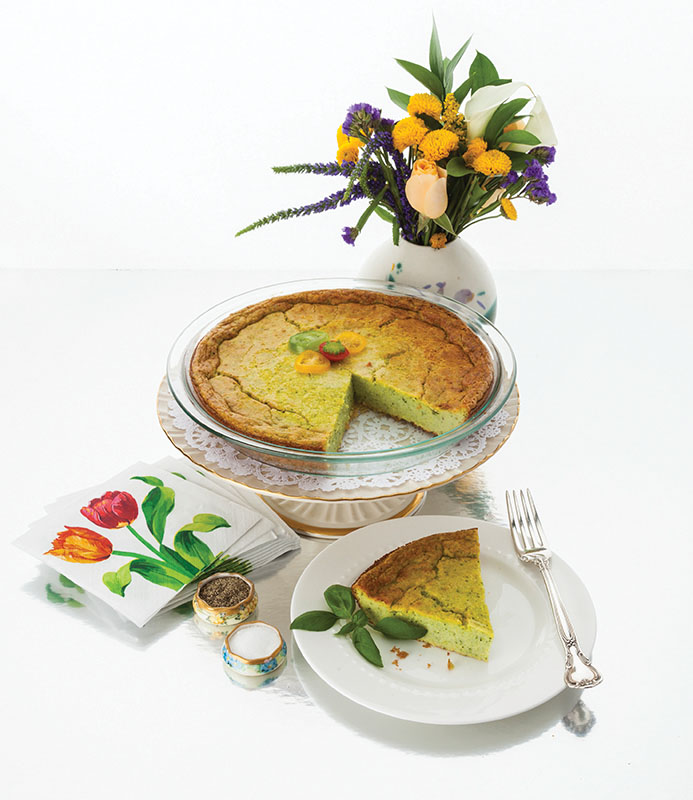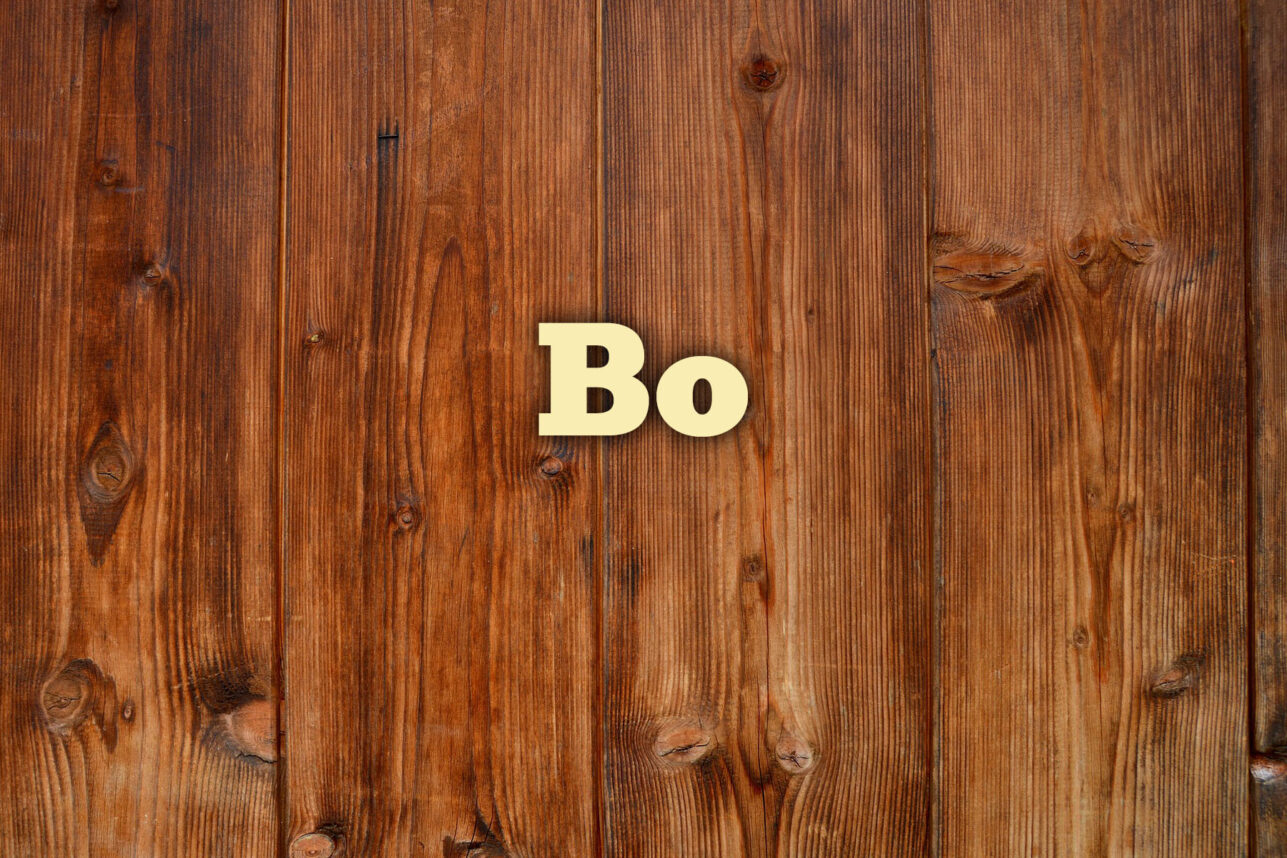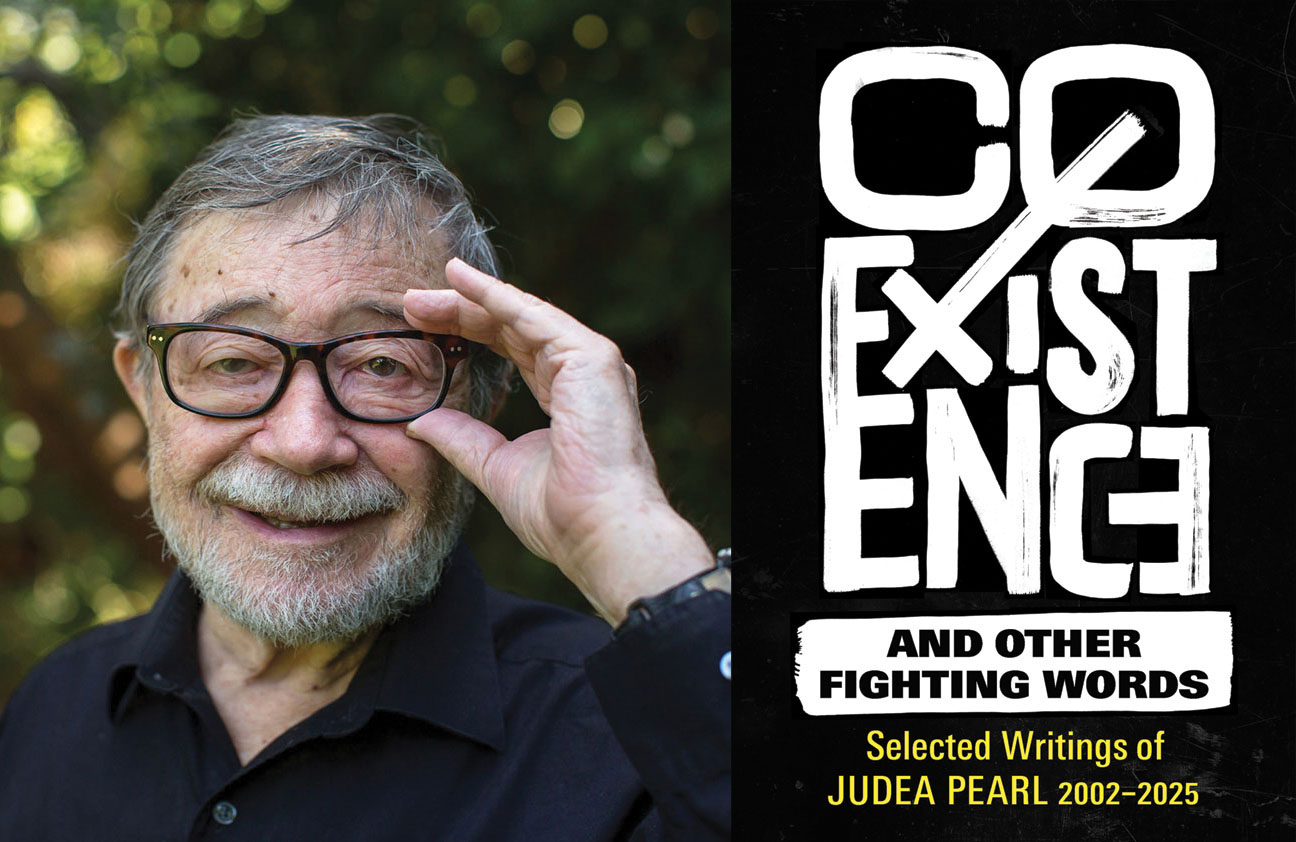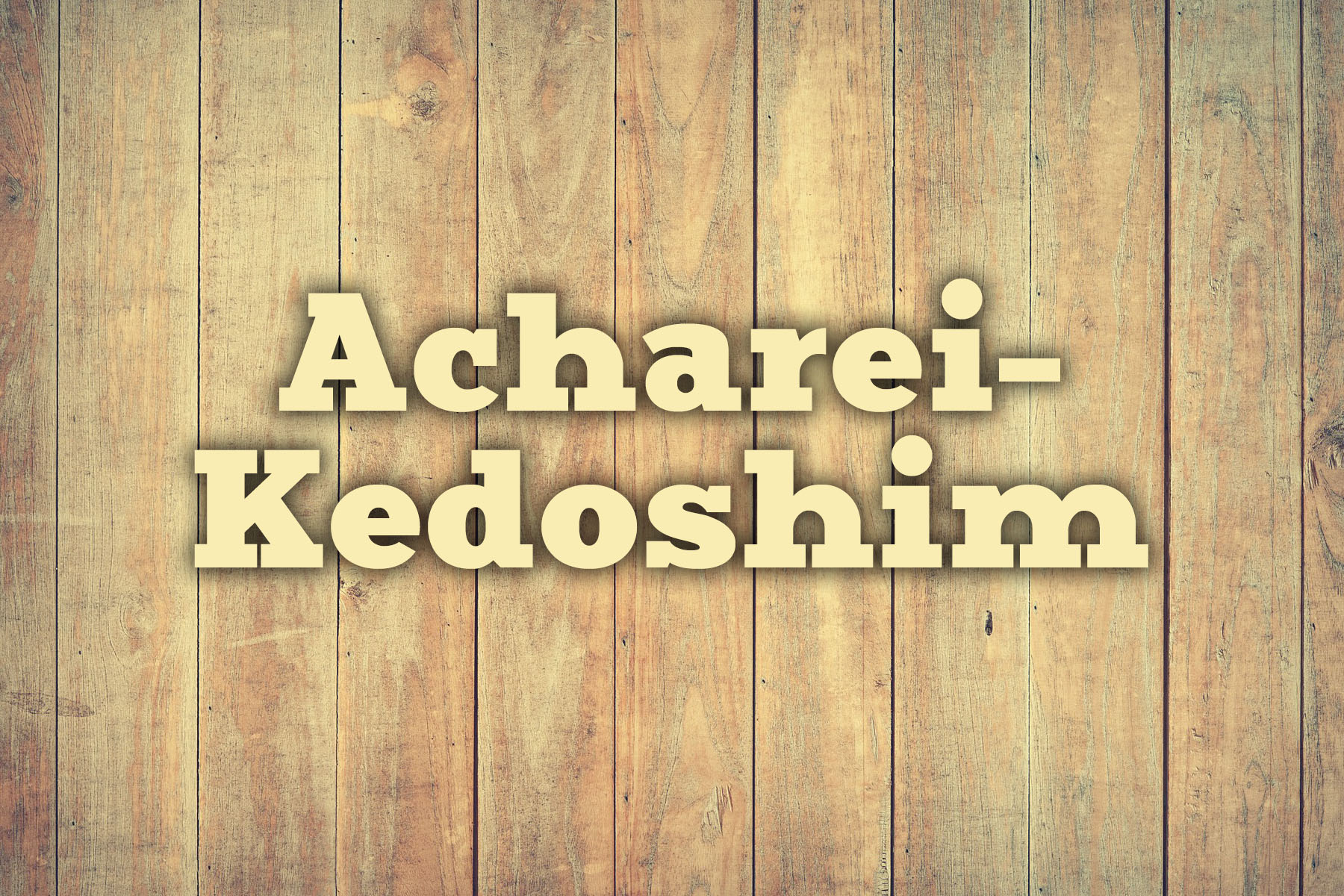
One verse, five voices. Edited by Salvador Litvak, the Accidental Talmudist
Therefore, I said to the children of Israel: None of you shall eat blood, and the stranger who sojourns among you shall not eat blood. – Lev 17:12
Dr. Sheila Tuller Keiter
Judaic Studies Faculty, Shalhevet High School
Confession: As a confirmed carnivore, this verse makes me uncomfortable. The Torah views humanity’s consumption of meat as a concession to our violent nature. The prohibition against consuming blood seeks to temper our inherent bloodthirst.
Ramban discusses this far more eloquently than I could. Originally, Hashem permitted Adam and Eve to eat only vegetation. After the flood, God allowed Noah and humanity to consume meat. Man cannot consume blood because blood is the nefesh, the lifeforce, of the animal. Humans and animals share this lifeforce, and one nefesh may not consume another. Ramban acknowledges that animals clearly have a nefesh, endowing them with the instinct for self-preservation, to pursue pleasure, the ability to recognize peers, and even to love. Were man to eat an animal’s nefesh, Ramban continues, his nefesh would join with the animal’s nefesh, and man would revert to his animalistic nature. This sounds a bit like tribal magic. The Maasai of Africa drink the blood of their cattle to internalize the animal’s strength. However, it does not take much imagination to realize that wanton bloodshed reduces humanity to an animalistic state.
Humans are distinguished from animals by our neshama, the uniquely human aspect of our soul that imbues us with the spark of divinity. When we deny this godliness by behaving beastly, we deny our higher selves and revert to bipedal animals. Contemporary kosher meat eliminates our contact with blood, but there are still numerous ways we can behave like animals. How can you tame the beast?
Rabbi Chanan (Antony) Gordon
Inspirational Speaker
In Parsha Acharei-Kedoshim, the Torah spells out the foods that are proscribed for consumption. Hashem commands the Jewish People that “none of you shall eat blood, and the stranger who sojourns among you shall not eat blood” (Vayikra-17:12). The reason behind this command is hinted to a couple of verses later with the cryptic comment – “for the life of every creature is its blood: its blood is its life.” (Vayikra – 17:14).
As human beings, we are locked in a constant battle between our base animalistic drives and our spiritual desire for transcendence. The measure of true humanity is the degree to which one controls the “animal soul,” and allows one’s “spiritual soul” to soar. To assist us in overcoming these baser instincts, the Torah prohibits the consumption of blood. The Talmud explains that the “animal soul” resides in the blood of the animal, and since the animal soul is essentially coarse and unrefined, eating blood internalizes that trait.
To ensure that we prevail in this internal battle throughout our lives, Rabbi Eliezer Dessler in “Strive for Truth” empowers us with tools that are tried and tested. Briefly stated, the voice inside us that encourages us to do whatever we feel like doing represents the animalistic drive, while the voice that speaks to what we really want represents our Divine souls.
May we all have the fortitude to calibrate our lives to do what we truly want and perforce, reach our greatest spiritual potential.
Rabbi Brett Kopin
Milken Community School
Robert Alter notes that the Hebrew word “nefesh” is used in our verse to describe those who are prohibited from consuming blood. The word nefesh, meaning something like soul or lifeforce, is significant because it is the same word God uses to emphasize the essence of blood in the previous verse: “The life (nefesh) of the flesh is in the blood.” Therefore, the Israelites and the strangers living among them are prohibited from consuming blood — and consequently from consuming nefesh — which flows through them and through all other creatures, pulsating with life and living soul.
But what exactly is wrong with consuming another creature’s blood? After all, we are permitted to consume meat, which requires ritual slaughter and the *spilling* of blood! Let us recall the Midrash that teaches that the consumption of meat was only permitted to Noah and his descendants after the Flood as a way to stave off the human desire for war and bloodshed. In other words, allow for animal consumption in order to protect and preserve human life. As Jacob Milgrom writes, the blood of the animal was offered on the altar and covered up in the dirt as atonement for taking the animal’s life. The nefesh, the life, ultimately belongs to God and to the Earth. Though the meat is permitted, the nefesh, through the blood, must be returned to its source — the Source of all living things.
Rabbi/Cantor Eva Robbins
Co-Rabbi, N’vay Shalom, Faculty, AJRCA
The essence of the human, Ah-dam, is the Aleph that represents G-d, and “dam,” blood, our earthly existence. Blood flows through our veins and arteries, pulsing life force in all that lives. It was the voice of Abel who called from the ground for justice. It was the blood of the lamb on the doorpost in Egypt, a warning, ‘Israelites are present,’ so G-d must ‘pass over’ without taking vengeance. It was the blood of slaughtered animals, sprinkled on the altar, a sign of an offering, a gift to G-d to redeem sinners, assuage guilt, or express gratitude and wholeness. It is the blood from the circumcised penis, a symbol of the covenant between man and G-d. It is the woman’s blood, during menstruation, acknowledging a death occurred because fertilization, potential life, had not taken place.
Blood represents life and death, the absolute expression of physicality and therefore must not be consumed. That would be a sacrilege and represents the most primitive of human acts, exactly what the covenant with G-d meant to erase. It is the creation of holy living, shaping a moral code, ultimately redeeming the evil of man before the flood and why immediately after destroying all the corruption G-d commands, “flesh with its life, which is blood, you shall not eat.” It influences a compassionate way to kill animals for our consumption and a constant reminder that each living thing is a creation of the Holy One, Divine in spirit and yet flesh and blood.
Dini Coopersmith
Educator and Director, reconnectiontrips.com
We all have an animalistic soul and a spiritual soul. The animalistic soul is the lifeforce, the instincts, the basic survival choices we make. The spiritual soul is that which makes moral choices and strives to connect to the Infinite.
The Ohr haChaim says that ideally, humans were not intended to eat animals, since they have intelligence — a “mind of motion” — and that if we have to eat them, we should do so purposefully, in order to elevate the animals, to redeem the “holy sparks” trapped within them, thereby making their existence more meaningful.
Nachmanides says that all kashrut laws are to ensure that our “nefesh,” our soul, remains pure and untainted by cruel tendencies and animalistic character.
We are what we eat. Wild animals, birds of prey, a corpse in the field, all these create a lack of refinement, a coarseness which goes against our Jewish mandate to be a holy, Godly people, who are able to create a relationship with God.
The Torah says “the blood is the soul,” as we would say of a passionate person “it’s in his blood,” meaning, he or she can be condensed to this essence. In this vein, (no pun intended), when you eat the blood of an animal, you are essentially eating their essence, the lifeforce that you and they have in common.
As Jews, we should seek to cultivate our spiritual, refined Godly nature by elevating, rather than abating and strengthening our animalistic side, through consuming the essence of an animal.










